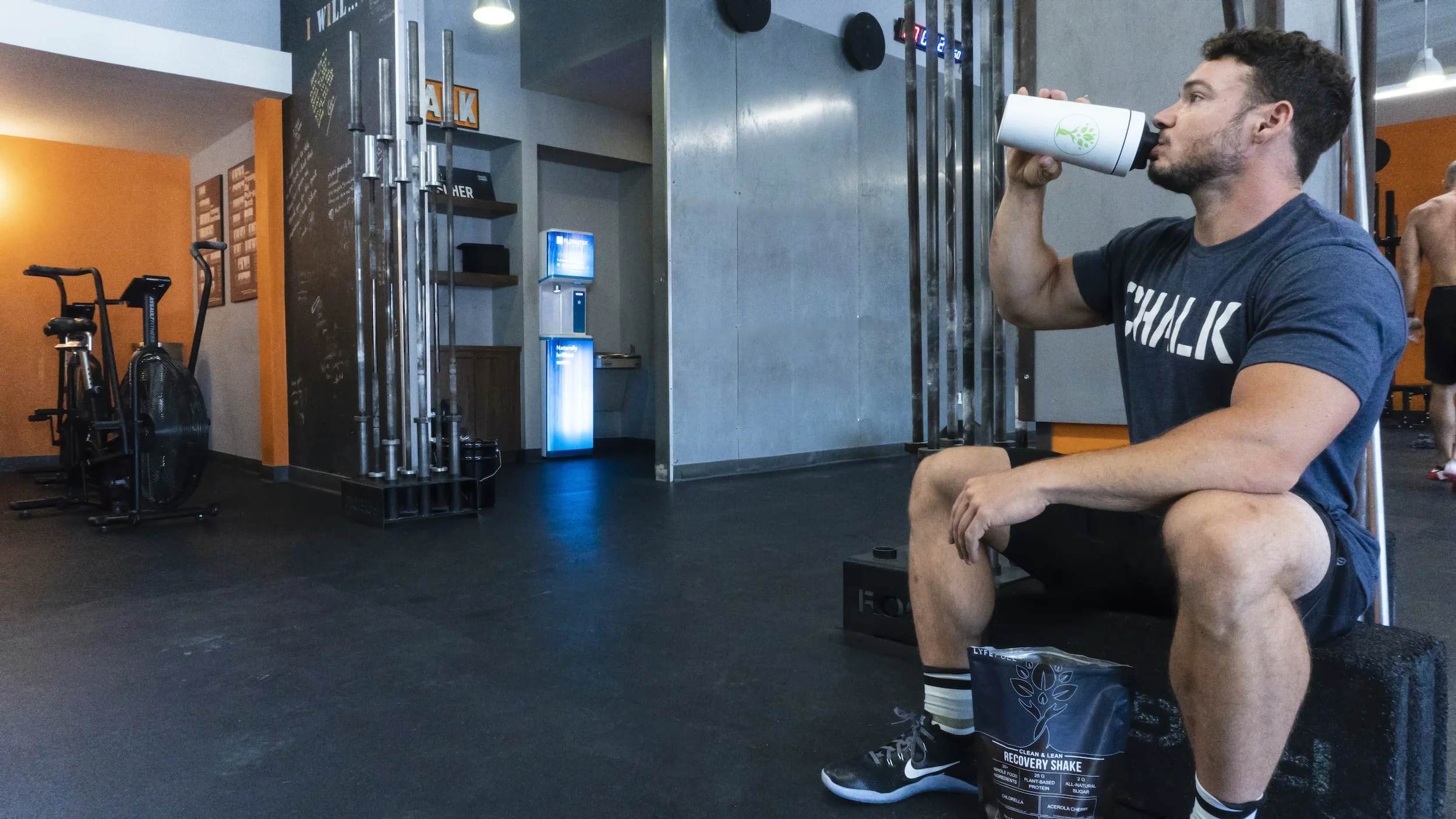How Wrestlers Can Gain Muscle in the Off-Season (2025)
Wrestling is a physically demanding sport.
The off-season is a crucial time for wrestlers to recover from any injuries sustained during the season and to focus on building strength and muscle.
Proper nutrition during the off-season is essential to support these goals.
In this blog, we will discuss everything you need to know to gain muscle during the wrestling off-season.
Does Wrestling Build Muscle?
Absolutely!
Wrestling is a highly demanding sport that naturally encourages muscle development due to its intense physical activities.
Here’s how wrestling contributes to muscle growth:
Strength Training: Wrestling involves a lot of lifting, pushing, and pulling, which are essential for building muscle strength.
High-Intensity Workouts: The rigorous training sessions improve muscle endurance and promote hypertrophy.
Varied Movements: Wrestlers use a wide range of movements, ensuring balanced muscle growth across different muscle groups.
Resistance Training: Wrestlers often include resistance training in their routines to further enhance muscle strength and size.
Practical Tips:
Incorporate additional resistance exercises to maximize muscle gain.
Ensure proper recovery to allow muscles to rebuild and grow stronger.
Summary
Wrestling inherently builds muscle through strength training, high-intensity workouts, varied movements, and resistance training.
Do wrestlers need to eat more calories?
To gain muscle, wrestlers need to consume more calories than their body burns.
This is known as a caloric surplus.
It is essential to consume enough calories to support muscle growth.
However, it's also essential not to overdo it.
Wrestlers’ Diet to Gain Muscle
To effectively gain muscle, wrestlers need a well-planned diet that supports their intense training regimen.
Here’s a comprehensive guide:
Caloric Surplus: Aim for a 5-10% caloric surplus to fuel muscle growth.
Example: If your maintenance level is 2,500 calories, consume 2,625-2,750 calories daily.
High-Protein Intake: Consume at least 1.2 grams of protein per kilogram of body weight.
Example: For a 154lbs (70kg) wrestler, this means at least 84 grams of protein daily.
Protein Sources: Lean meats, beans, legumes, dairy products, and protein supplements.
Balanced Nutrients: Ensure a mix of carbohydrates and fats to provide energy and support overall health.
Practical Tips:
Plan meals ahead to meet your caloric and protein needs.
Use protein supplements if necessary to meet daily requirements.
Summary
Wrestlers should focus on a caloric surplus, high-protein intake, and a balanced diet to gain muscle effectively.
How much protein should I be eating?
Protein is essential for building and repairing muscle tissue. Consuming at least 1.2 g/kg/day for athletes is recommended when trying to gain muscle. For a 154lbs (70kg) athlete, this would be at least 84 grams of protein per day. Increasing protein intake beyond this will likely improve muscle gain.
Some high-protein food sources include lean meats like chicken and fish, beans and legumes, and dairy products like Greek yogurt. Protein supplements like whey protein powder can also be a convenient and easy way to increase protein intake.
Effective Resistance Training for Wrestlers
Resistance training is crucial for wrestlers looking to build muscle. Here’s how to structure your workouts:
Compound Exercises: Focus on exercises like squats, deadlifts, and bench presses.
Benefits: Engage multiple muscle groups, promoting overall muscle growth.
Training Frequency: Aim for 2-3 times per week per muscle group.
Routine: 3-4 sets of 6-12 reps for each exercise.
Specific Muscle Focus: Target muscles commonly used in wrestling.
Example: Deltoids for pulling motions and calves for explosive movements.
Practical Tips:
Keep a workout log to track progress.
Gradually increase weights to continue challenging your muscles.
Summary
Effective resistance training for wrestlers involves compound exercises, optimal training frequency, and targeting specific muscles.
Recovery Strategies for Muscle Growth
Recovery is essential for muscle growth, and wrestlers should prioritize it alongside training and nutrition. Key recovery strategies include:
Adequate Sleep: Aim for 7-9 hours of sleep per night to support muscle repair.
Hydration: Stay hydrated to facilitate muscle recovery and overall health.
Nutrient Timing: Consume carbohydrates and protein before and after workouts.
Pre-Workout: Carbohydrates for energy.
Post-Workout: Protein and carbohydrates for muscle repair.
Example: Greek yogurt with fruit or a protein shake with a banana post-training.
Rest Days: Incorporate rest days to prevent overtraining and allow muscles to recover.
Practical Tips:
Establish a consistent sleep routine.
Plan meals around workouts to optimize nutrient timing.
Summary
Proper recovery strategies, including sleep, hydration, nutrient timing, and rest days, are crucial for muscle growth in wrestlers.
Bullard Nutrition was created to help
Wrestling nutrition is complicated. Bullard Nutrition is a resource for wrestlers who want to take their nutrition to the next level. As a registered dietitian and former wrestler, I understand the unique challenges that wrestlers face when it comes to nutrition. Contact me to learn more about how I can help you achieve your goals and perform at your best. The best way to do this is to apply here.
Summary
The wrestling off-season is a vital period for wrestlers to build strength and muscle. To achieve these goals, focus on:
Proper Nutrition: Consume enough calories and protein to support muscle growth.
Resistance Training: Lift heavy weights with compound exercises to maximize muscle gain.
Recovery: Ensure adequate sleep and hydration to support the body's natural healing process.
By combining these elements, wrestlers can effectively enhance their muscle mass and overall performance.
Keywords: Wrestling off-season, gaining muscle, does wrestling build muscle, wrestlers' diet to gain muscle, caloric surplus, protein intake, resistance training, compound exercises, recovery, strength training, muscle growth, sleep, hydration, nutrition


